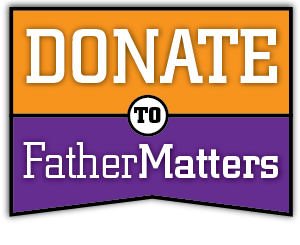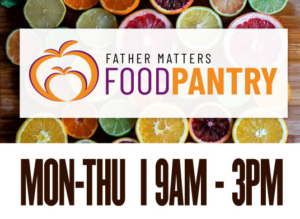Focusing on Depression in Expectant and New Fathers
Significant depression affects between 10% and 30% of women during pregnancy: the incidence remains elevated in the year following childbirth.1,2Although a large body of research has documented the risk factors for and negative effects of depression in mothers, little is known about depression in expectant or new fathers.3 This article reviews the limited but growing literature about prenatal and postpartum depression in fathers. It highlights recent findings, identifies areas for future research, and suggests a preliminary conceptual framework that emphasizes the co-parental relationship. The goal is to improve our understanding of relational factors that may underlie depression in new fathers.
Does childbirth-associated depression affect fathers?
Depression during pregnancy and following childbirth has been historically regarded as a phenomenon that affects only women.2,4 The popular press as well as medical and mental health providers emphasize the causative role of biochemical changes that the mother experiences during pregnancy and following birth. Endocrine and biochemical theories of childbirth-associated depression in women, despite their popularity, are supported by a fragmented literature that inconsistently identifies hormonal causes and insufficiently replicates hormone-depression correlations.5
CHECKPOINTS
- The quantity and quality of the father’s involvement with his infant or toddler predicts child developmental outcomes. Paternal depression in early childhood may convey developmental and psychological risks to the child.
- The incidence of significant depression among new fathers has been estimated to be between 1.2% and 25.5%.
- Growing evidence suggests that paternal depressive symptoms are predicted by interpersonal problems with the mother and maternal depressive symptoms.
Psychosocial theories of prenatal and postpartum depression place the causal focus on stresses in the mother that are triggered by relational disturbances (eg, gender role demands, unsatisfied attachment needs, disruptions in interpersonal relationships, perceived dissonance with social norms).6 Research on psychosocial factors has been relatively fruitful and has identified significant predictors of depression that include life stress, lack of social support, a difficult marital relationship, socioeconomic status, and many other psychological, familial, and social predictors.7-10
It is unclear why depression in new and expectant fathers has not been examined until recently. The popular tendency to focus on biological changes that surround the pregnancy as causal factors may have contributed to overlooking the nonpregnant parent. Fathers (who are not directly susceptible to childbirth-related biochemical changes) are subject to psychosocial stressors that accompany new parenthood and, therefore, they may experience distress uniquely tied to their new role. The quantity and quality of the father’s involvement with his infant or toddler has been demonstrated to predict child developmental outcomes. Paternal depression during a child’s early years may convey developmental and psychological risks to the child.11,12
A number of recent studies have documented that depression in new fathers is both prevalent (ie, the incidence is higher than in the general adult male population) and associated with negative outcomes for the offspring. In the months following childbirth, the incidence of significant depression among fathers has been estimated to be between 1.2% and 25.5%.13-15 This budding field of research is not without growing pains, and the wide range of incidence estimates is a clear signal of this. Methods for measuring depression in new and expectant fathers have yet to reach consistency among researchers. We remain far from a consensus on such issues as:
- When to measure (during pregnancy and/or after the birth of the child)?
- How to identify which fathers to include?
- How to sort out subgrouping issues (eg, resident vs nonresident fathers)?
We still lack the terminology even to describe the phenomenon (eg, male postpartum depression or early fatherhood depression).
The wide variance in methods used to study early fatherhood depression is a probable cause of the variable prevalence estimates that have been reported by Goodman, Pinheiro, myself, and others.13-15 Despite these challenges, however, it has become clear that depression in expectant and new fathers is more common than we once believed.
James F. Paulson, PhD




